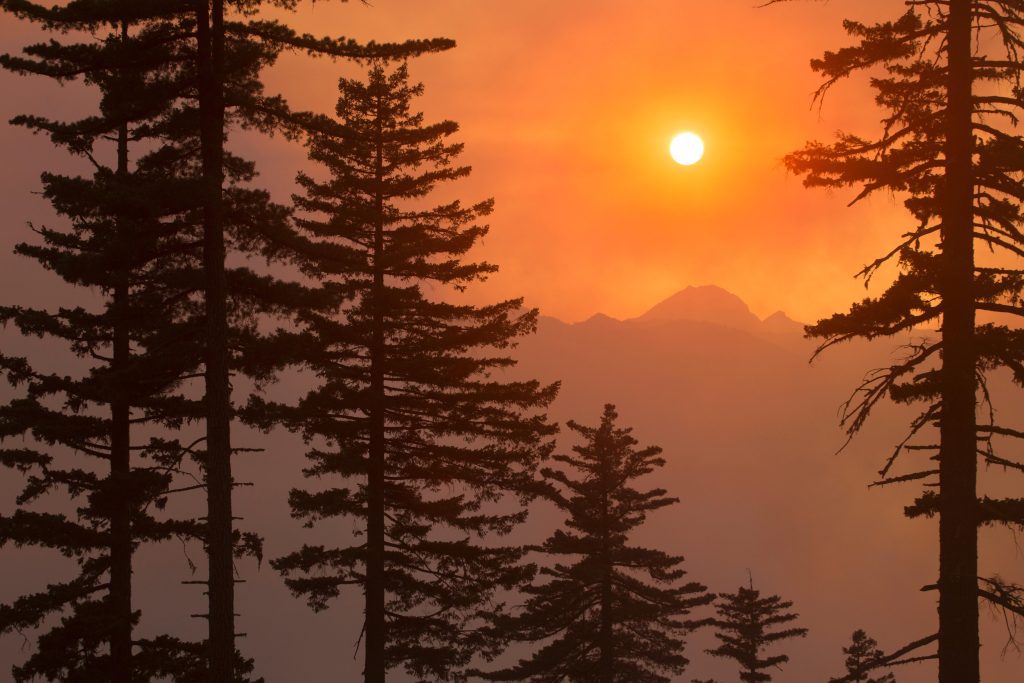Current work in wildlife, rivers, public lands, and climate
Press Releases
WildEarth Guardians calls for major shift in national wildfire policy
“The overarching factor causing some wildfires to burn faster and longer is undoubtedly the climate crisis,” said Executive Director John Horning. “The exacerbating influence of megadroughts, record high temperatures, and changing weather patterns—including more high wind ‘red flag warning’ days—in addition to past and ongoing mismanagement, has weakened the natural resiliency of many ecosystems.”
Wildfires are as much a part of the American West as wind, sun, rain, and snow. Unfortunately, wildfires in some places are now burning faster and longer, compared with what has historically occurred. The causes are numerous and include the climate crisis; industrial fire suppression; logging of large, fire-adapted trees and other extractive uses; overgrazing by domestic livestock; elimination of Indigenous burning practices; and roadbuilding.
“WildEarth Guardians fully supports what fire scientists and researchers have been saying for decades: by taking common-sense actions within the ‘Home Ignition Zone’—the home and everything around it, up to 100 to 200 feet from the foundation—we can save homes and lives and protect firefighters and emergency responders,” Horning said. “These are all compelling reasons to focus resources on home and community protection.”
After the wildfire season of 2021, President Biden signed into law the bipartisan Infrastructure Investment and Jobs Act, where Congress included billions of dollars and new authorities aimed at cutting down trees across vast landscapes—including in the backcountry—with the implication that doing so will keep people safe from wildfire.
“Rather than give the Forest Service a blank check for broadscale logging, the focus needs to be on helping people adapt to living with, and recovering from, wildfires,” said Adam Rissien, rewilding manager with WildEarth Guardians. “The Forest Service has proven time and again that it can’t be trusted to do what’s right when given leeway. We must keep our focus on protecting homes and communities from wildfire, not continue haphazardly logging the backcountry.”
With the additional funding and authorities provided by the infrastructure law, the U.S. Forest Service released its 10-year strategy, “Confronting the Wildfire Crisis,” emphasizing logging and road building across National Forest System lands on an unprecedented scale, but ignoring a focus within the “Home Ignition Zone.”
“The U.S. Forest Service simply cannot log its way out of the climate crisis or effectively protect homes and communities from wildfires by dramatically increasing industrial logging of National Forest System lands,” Rissien said. “The research by experts like Dr. Jack Cohen, retired U.S. Forest Service fire behaviorist, is crystal clear: to protect homes and communities from wildfire we must focus efforts within the Home Ignition Zone, an area 100 to 200 feet from the home.”
“Ultimately, we must address the root causes of the climate crisis and stop the extraction and burning of fossil fuels that are causing climate chaos and weakening the resilience of ecosystems, in order to restore balance and dynamism to fire-adapted ecosystems throughout the American West,” Horning said.
Click here to read WildEarth Guardians’ wildfire position.

Photo by U.S. Forest Service.